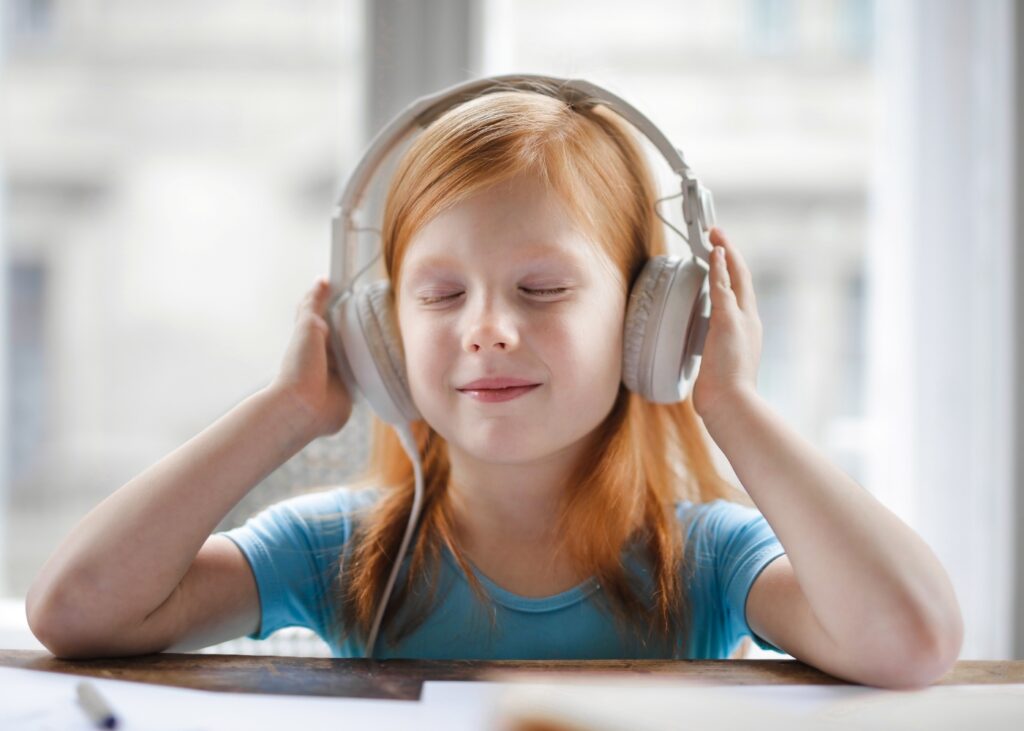
You might remember that cartoon for infants from a few years ago called Little Einsteins. If not, this was a show meant for very young children that taught them about nature, the arts, and other lessons in a child friendly way. Or what about mothers playing classical music for their unborn children? Chances are you’ve heard of one or both of these things and it turns out, they’re both onto something. Whether your child is this young or they are older and playing an instrument of their own, listening to music can benefit young musicians in so many ways. I recommend that all of my students regularly listen to music in their music lessons, and I extend that same recommendation to every young musician out there. Here’s why!
Hearing Different Instruments
Whether you are listening to Pink Floyd or recording of pieces by Felix Mendelssohn, music is almost always played on instruments. Listening to different music exposes young musicians to instruments, not only adjacent to what they may be playing, but those far outside of their current knowledge base. Guitar players might hear an oboe for the first time or a trumpet player might be getting exposed to those cheesy 80s synth drums. Either way, expanding one’s knowledge of what is out there develops young musicians’ minds to the possibilities of instrumental music.
Understanding Different Styles of Music
The more music you listen to, the more likely you are to encounter different styles of music. Once young students start to recognize that music can be organized in genres, they see patterns develop. If your student is listening to classical music a lot, they start to hear the similarities and differences between different pieces. Over time, they become more accurate in articulating why they like certain types of music over others. This helps their mind become more analytical in their music lessons, as recognizing these patterns in music are a core part of what students learn.
Expanding Expressive Vocabulary
One of my favorite phrases (albeit cliché and overused) is that “music is the language of the soul.” Music truly does have a special ability to communicate emotions that are incredibly complex in a way that words can’t quite work out. When students are exposed to lots of different music when they are young, they become more emotionally adept at a younger age. Students encounter a greater variety of emotions when they listen to music. Music is much more than just “happy” or “sad.”
Students have a model to mimic
This is by far the most important reason to listen to music. Since music is quite a bit more abstract than any other art form, having models to imitate after is an incredibly effective way to learn. All the time, I ask my students to listen to specific professional musicians in their music lessons, as showing (or in this case listening) is always better than telling. When listening to music, students unconsciously imitate aspects of that music in their own playing such as sound quality, rhythmic control, and so much more. When that musician is a pro in their field, these characteristics begin to appear in their playing at a young age. In the age of information, where we have access to so much great music at our fingertips, we would be foolish to not take advantage of it in our studies.
Contact us today to find out more about our teachers!
